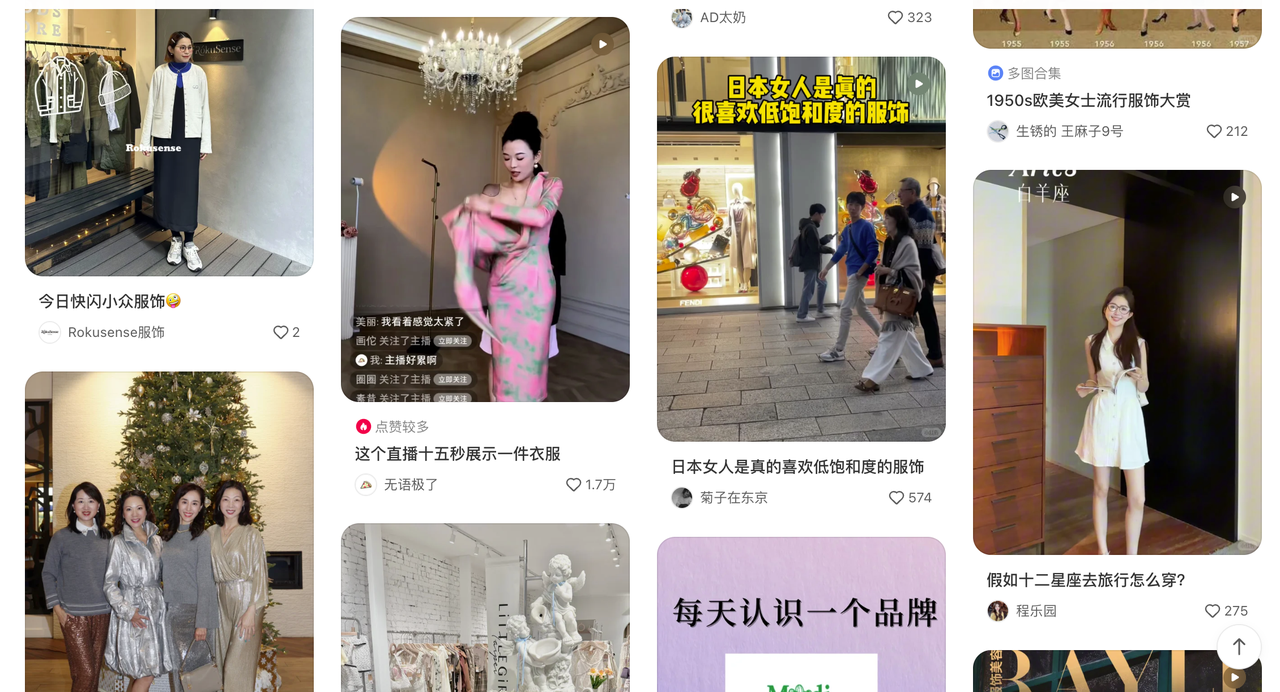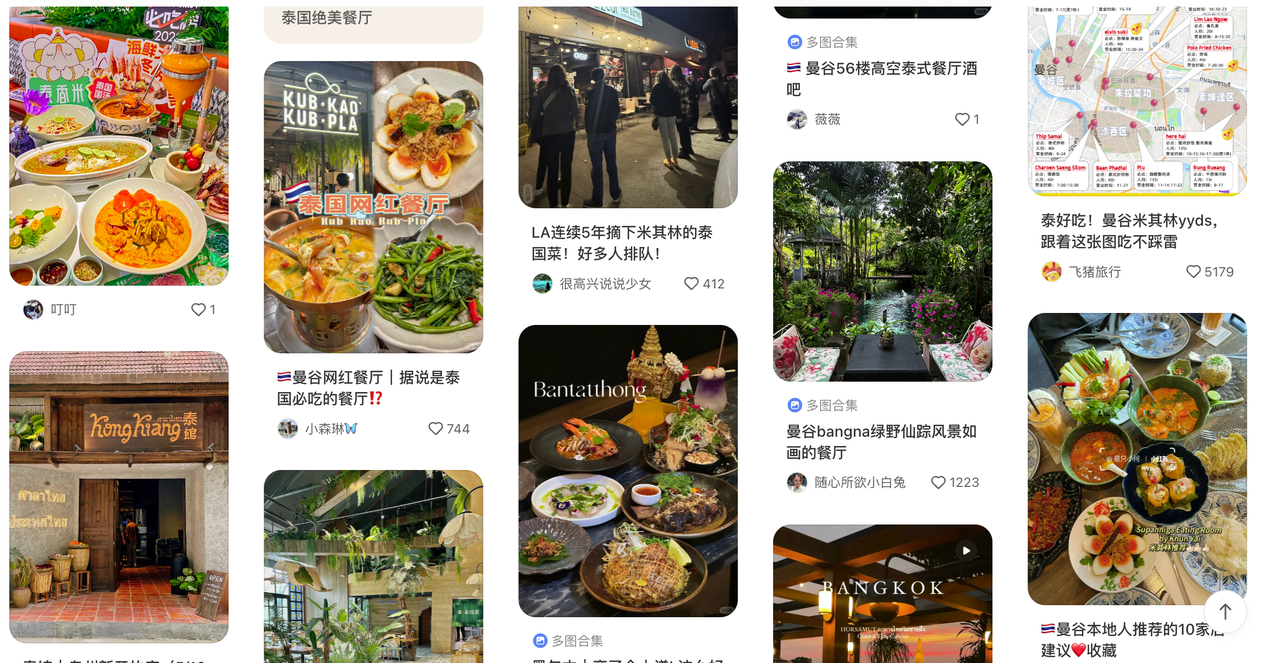Restricted Words Guide for Xiaohongshu (little redbook)
Xiaohongshu (little Redbook/小红书 is one of the most stringent content platforms in China. If the system detects any violation, there are severe consequences—whether it’s a ban, limited reach, or content removal. Sometimes, it’s the small, seemingly innocuous words that can lead to these penalties. So, how can you effectively avoid violating community guidelines and sensitive words on Red Book? Let’s break down the key categories of banned words and provide tips on how to navigate them.
1.Words Related to Extremes and Over-the-Top Claims
Words that exaggerate or promise unrealistic outcomes are often flagged by Red Book. Phrases like "极致" (ultimate), "顶级" (top-tier), and "唯一" (unique) are commonly restricted. These types of claims are seen as misleading and could result in content being penalized.
Example terms:
极致、极品、极佳、终极、致极、国际级、世界级、全球级、千万级、特级、宇宙级
2.Words Related to Superlatives and Absolute Statements
Phrases like "最佳" (best), "最优" (optimal), or "唯一" (only) signal strong claims that often don’t comply with Red Book’s guidelines, making your content vulnerable to penalties.
Example terms:
最佳、最具、最优、最好、最高级、最低、最时尚、最舒适、最聚拢等
3.Extreme and Exaggerated Terms
These terms promote a sense of exclusivity or superiority and are often flagged. Phrases such as "顶级" (top-notch) and "唯一" (one-of-a-kind) are examples of banned language under Red Book’s regulations.
Example terms:
顶级、至尊、至臻、无与伦比、前所未有、无人能及
4. Words Related to Promises and Guarantees
Claims like "100%有效" (100% effective) or "无风险" (risk-free) often cross the line in terms of credibility, leading to restrictions on your content.
Example terms:
无效退款、不满意退款、零风险、特效、速效、1天见效
5. Superstition-Related Terms
Words that suggest luck or spiritual influence are generally against Red Book’s rules, as they may not align with community standards.
Example terms:
招财进宝、化解小人、逢凶化吉、提升运气、平衡正负能量
6. Words Related to One, First, and Exclusive
Words like "首个" (first), "唯一" (only), and "全国第一" (national champion) can create the impression of exclusivity or superiority, which Red Book often monitors closely.
Example terms:
首个、独家、全国首发、首次、首款、第一品牌
7. Words Related to Fraudulent Consumer Claims
Phrases like "万人疯抢" (millions rushed) or "点击领奖" (click to claim) often signal misleading or exaggerated marketing tactics that violate Red Book’s guidelines.
Example terms:
点击领奖、万人疯抢、卖疯了、全民免单、再不抢就没了
8. Brand-Related Terms
Words like "大牌" (top brand) or "领袖品牌" (leading brand) can also be flagged if not used carefully, as they may overstate product credibility or brand status.
Example terms:
大牌、金牌、名牌、领袖品牌、创领品牌
9. Authority-Related Terms
Phrases like "专家推荐" (expert recommended) or "国家级" (national level) often need verification and should be used cautiously to avoid content being penalized.
Example terms:
专家推荐、老字号、中国驰名商标、国家领导人推荐
10. Financial and Investment-Related Terms
Terms related to financial promises like "高收益回报" (high yield returns) or "无风险回报" (risk-free returns) are commonly flagged due to the perception of unrealistic claims.
Example terms:
收益率、投资回报、保底收益、无风险回报
Conclusion
Avoiding banned words on Red Book is key to maintaining your content’s reach and visibility. By understanding these restrictions and adjusting your content accordingly, you can ensure compliance and optimize your social media strategy.
For more tips on navigating Chinese social media platforms and creating compliant content, visit Lotus Social Agency.




